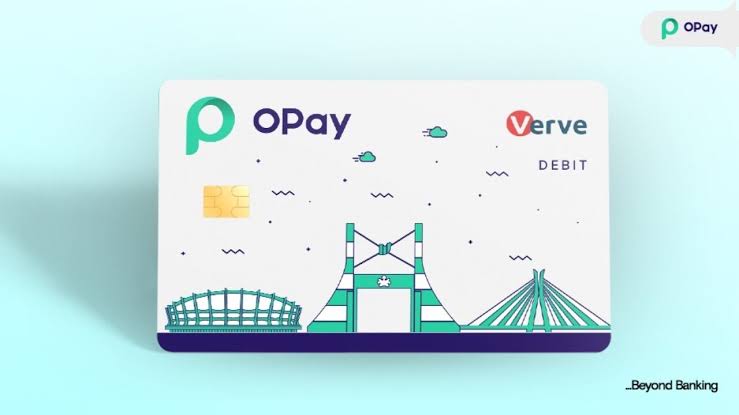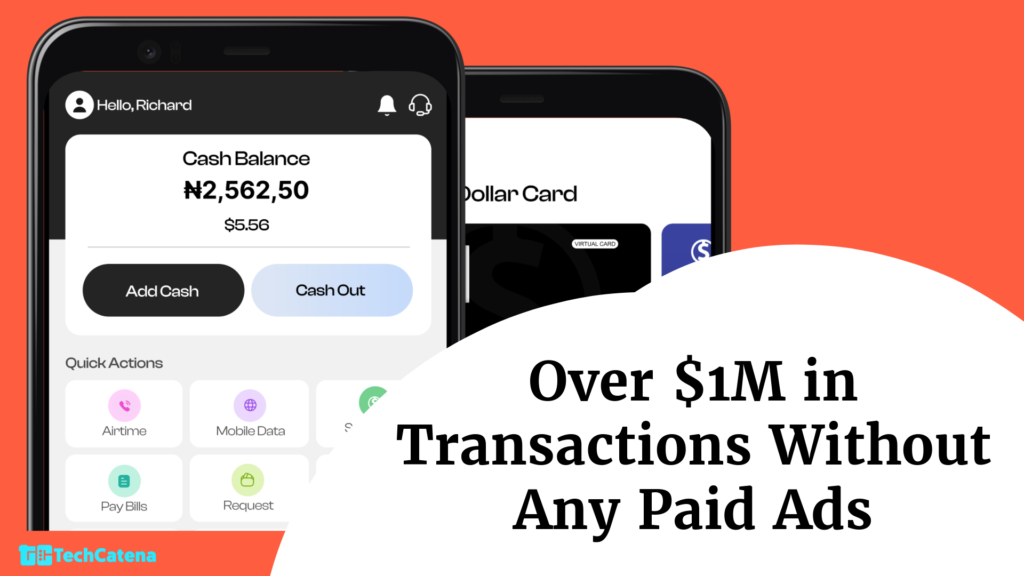The Nigerian fintech landscape just got a whole lot more interesting. Palmpay, one of the country’s leading mobile payment platforms, has officially begun issuing its own debit card, marking a significant move for the company and potentially shaking up the financial scene. Let’s delve into the details of this exciting development.
Point of Sale (POS) which is one of the popular modes of payment in Nigeria. And research shows POS payments in Nigeria were worth over ₦1.15 trillion in 2023.
So debit cards are important in the everyday lives of Nigerians.
In case you don’t know by now, open the Palmpay app on your phone and navigate to Debit Card under services.

What is the Palmpay Debit Card?
The Palmpay Debit Card is a physical card linked to your Palmpay wallet. It allows you to:
- Make offline payments: Use the card at any ATM or POS terminal that accepts Mastercard, both locally and internationally. This opens up a world of convenience, especially for transactions where digital payments aren’t feasible.
- Withdraw cash: Access your Palmpay balance at ATMs displaying the Mastercard logo.
- Enjoy exclusive benefits: Palmpay promises exclusive rewards and cashback offers for cardholders, making it an even more attractive proposition.
Why is this a big deal?
Palmpay is one of the best mobile banking apps in the country so their debit card would be appreciated by many Nigerians.
Considering that apps like Branch, Fairmoney, Carbon, GoMoney, and Opay have their debit card so Palmpay is expected too to join the gang.
Even if you’re on the Tier 1, you can still get the debit card once it’s available for every state.
Palmpay’s foray into physical cards holds several implications:
- Enhanced financial inclusion: This move caters to the large segment of Nigerians who still rely on cash or lack access to traditional banking services. The Palmpay card offers a convenient and secure alternative, potentially bringing more people into the formal financial system.
- Increased competition: The entry of a new player like Palmpay puts pressure on established banks and card issuers. This could lead to more competitive pricing, better features, and ultimately, a more consumer-centric financial market.
- Boost for cashless payments: While Nigeria has seen a rise in digital transactions, cash still dominates. The Palmpay card can act as a bridge, encouraging users to make more cashless payments even offline.

What are the potential challenges?
Despite the positives, there are some challenges to consider:
- Acceptance: Will merchants readily accept the Palmpay card, especially smaller businesses outside major cities? Partnerships and awareness campaigns will be crucial.
- Security: Ensuring the security of the card and user data is paramount. Palmpay needs to build trust and demonstrate robust security measures.
- Competition: Established players have a head start in terms of infrastructure and brand recognition. Palmpay will need to offer compelling features and benefits to stand out.
What does the future hold?
The launch of the Palmpay Debit Card is a significant step forward for the company and the Nigerian fintech industry as a whole. While challenges exist, the potential benefits are undeniable.
It will be interesting to see how Palmpay navigates the competitive landscape and positions its card as a valuable tool for Nigerians. The success of this initiative could pave the way for further innovation and wider financial inclusion in the country.
Currently the app is limited to people in Lagos, that means only people in Lagos the card will be delivered to if you make order. Palmpay is working on that to make it nationwide.

